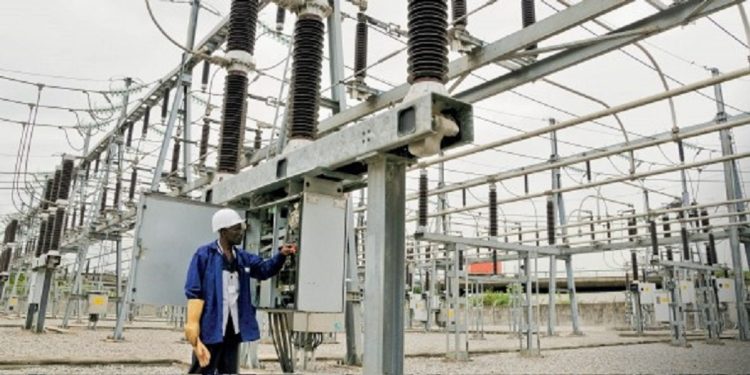Access toElectricity supply remains problematic in Africa where, according to the International Energy Agency, nearly 600 million people, or 43% of the population, still did not benefit from it in 2021. The quality of supply by the network is also limited, with frequent power cuts, especially in rural areas.
However, the benefits of access to electricity seem obvious, whether for public and private lighting, sanitary conditions or economic activities. Substituting electricity for the use of traditional fuels also contributes to the protection of the environment.
Thus, improving access to electricity is now one of the development priorities, through Sustainable Development Goal (SDG) No. UN : guarantee access for all to reliable, sustainable and modern energy services at an affordable cost.
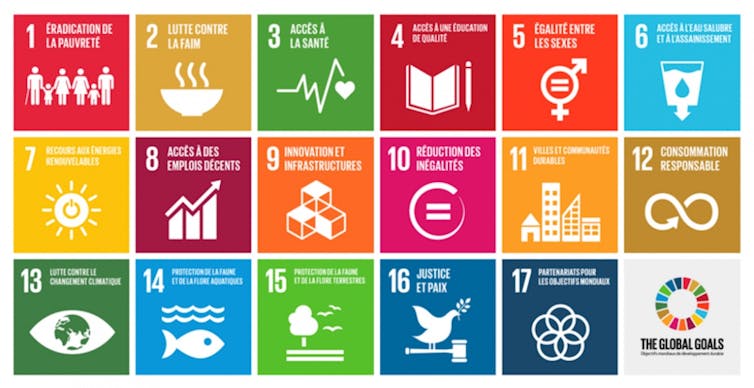

Wikimedia, CC BY-SA
For a long time, the electrification policies carried out in developing countries were modeled on those of developed countries, namely the construction of large national or even continental electricity networks. This policy appears unsuitable for the rural areas of developing countries, due to the disproportionate costs of extending the networks linked to the dispersal of the population, but also due to the low quality of services they are able to offer. .
The recommended solution to these challenges was for a time the dissemination of isolated individual solutions, the best known of which are the solar home systems (HSS). But these solutions, even adorned with the merits of the use of local renewable resources, have found their limits, as they provide insufficient electrical power to support significant productive uses. Electric lighting provides comfort, but creates few proven positive impacts.
Lack of data
Hopes for the future now rest on the development of mini-grids, i.e. installations comprising an electric generator of moderate power (most often less than 1 MW), and supplying current through a local wired network. When the source of energy is intermittent (solar, wind), it is backed by batteries, or even an auxiliary generator, most often diesel. This also facilitates the balancing of the mini-grid, namely the achievement of the essential balance at all times between the load called and the load produced.
Thus, in 2019, the World Bank estimated that the massive development of mini-grid projects could bring electricity to half a billion people by 2030. Other development agencies such as the French Development Agency and the African Development Bank have followed suit in supporting Regional programs using this technology.
This desire is commendable and must be supported. However, as often, the reorientation of the policies carried out was decided without an in-depth assessment of the impacts that can be expected. Thanks to Abhijit Banerjee, Esther Duflo and Michael Kremer, recipients of the 2019 Nobel Prize in Economics for their work on the evaluation of development policies, the recommendation of impact assessment prior to the generalization of new policies is still accepted by most researchers, but is clearly not always implemented by operational decision-makers, including the discourse faced with the questions of researchers is to say: we, we act, we will evaluate afterwards.
Yet enough mini-grids have already been installed for this policy to be evaluated. What is missing are solid, repeated and relevant evaluative data.
Night brightness
Our proposal to meet this challenge is simple: it consists of using remote data, coming fromsatellite images, which are widely available and have already been used in other areas of economics research. For example, nighttime light data (say NTL for Night-time light) that provide a relevant indication of energy access.
These data also have the great merit of being observable almost in real time, and therefore of making it possible to follow the evolution over time of the electrified localities. The precision of these data is such that we can measure the evolution of the NTL after the arrival of electricity at a very fine level of granularity, that of small rural villages of a few hundred to a few thousand inhabitants.
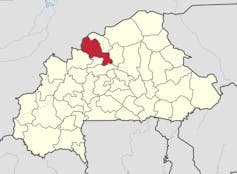

Wikimedia
Let us consider as an example the village of Ziga, in the province of Yatenga in the north of Burkina Faso. This village of four thousand inhabitants in 2006 benefited from the construction of a micro-grid powered by a solar power plant with a maximum power of 69kW. It is therefore a project of modest size, but decisive locally.
The SINCO installer has released testimonies Ziga residents and mini-grid managers confirming all the good that this installation has brought to the village. In 2019, a independent field survey of the Burkina Faso PROGREEN team in several projects, including that of Ziga, revealed that the gains felt by the population are not only associated with electric lighting but also with the development of small productive uses and the power supply of water pumps for agriculture. Nevertheless, the price of electricity remains expensive, which hampers its access by the poorest.
The quoted economic growth gains are fully corroborated by the evolution of the NTL, which starts from practically 0 in 2014-2016 and then increases steadily, both extensively and intensively.
NTL data thus makes it possible to measure progress in access to energy, and the economic progress associated with it, virtually anytime and anywhere, including, and even especially, in isolated localities.
A high failure rate
We have carried out, within the framework of a FERDI research program supported by the French Environment and Energy Management Agency (ADEME), a first successful attempt to mobilization of this data to study the potential impact of a rural electrification policy by mini-grid. To this end, we used an original FERDI database, the CoSMMA – Collaborative Smart Mapping of Mini-grid Action, which lists numerous evaluative data on decentralized electrification projects. We were able to identify the precise location of these projects for about fifty of them, and thus compare the evolution data of the NTL in their respective localities.
Despite a still limited number of observations, it reveals promising initial results. Overall, the construction of mini-grids has a positive impact on the achievement of SDG 7; but a high proportion of the projects studied, close to half, failed under the NTL's growth criterion. The policy envisaged today is therefore anything but a panacea, even if failure rates are falling.
More data will be needed to rigorously identify the causes of failures. Some conclusions, in accordance with factual field observations, are nevertheless necessary.
First, it is not always possible to build a viable economic model for these projects. We cannot show a positive impact in localities characterized by great energy poverty or highly isolated, whereas positive impacts are observed in the opposite situations; therefore, intermediate pre-electrification models need to be designed in these circumstances, which are more often the norm than the exception in rural areas in Africa.
Moreover, even if the economic model of the project is viable, its governance is a decisive factor in its impact. It is not possible to find a positive impact of mini-grid projects when the projects are designed and managed without an inclusive approach, taking into account all stakeholders. Conversely, projects with inclusive governance have a positive impact. This point of view is not always, far from it, shared by the major development agencies accustomed, especially in the energy sector, to a “top-down” type approach.![]()
![]()
Jean-Claude Berthélemy, Emeritus Professor of Economics, Paris 1 Panthéon-Sorbonne University
This article is republished from The Conversation under Creative Commons license. Read theoriginal article.















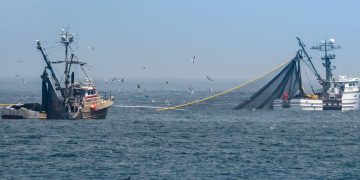

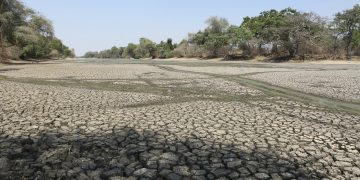
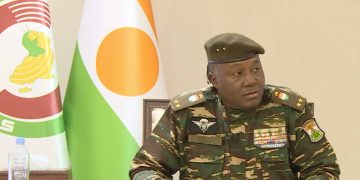
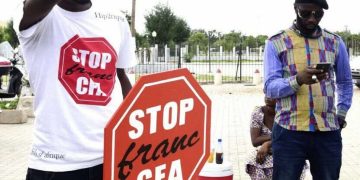

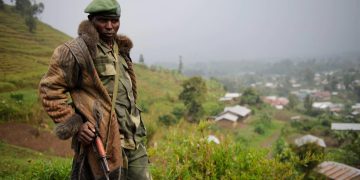




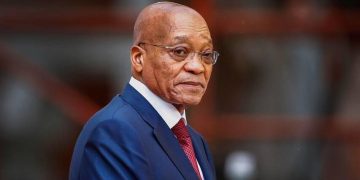

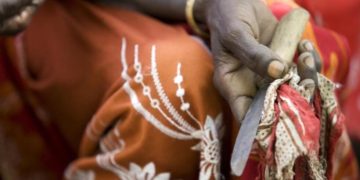

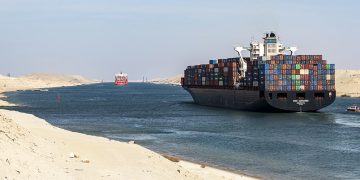
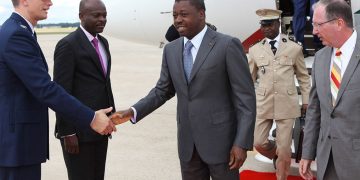



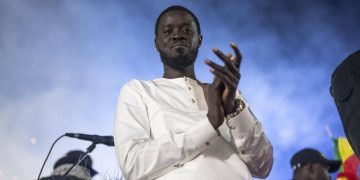
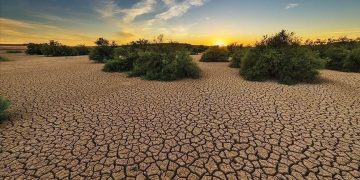


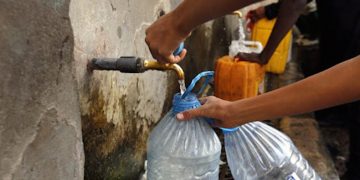
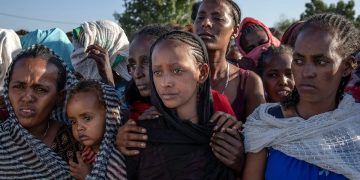

![[Editorial] 30 years later, is apartheid really over?](https://lejournaldelafrique.com/wp-content/uploads/2021/06/caricature-jda-apartheid-360x180.jpg)
![[Edito] Gabon and Commonwealth: the whims of Prince Ali](https://lejournaldelafrique.com/wp-content/uploads/2021/06/caricature-JDA-Bongo-360x180.jpg)
![[Editorial] Facebook and Twitter, more dictators than dictators?](https://lejournaldelafrique.com/wp-content/uploads/2021/06/Caricature-JDA-FB-TW-360x180.jpg)
![[Edito] Rwanda: for the French apologies, we will have to go back](https://lejournaldelafrique.com/wp-content/uploads/2021/05/Caricature-rwanda-JDA-360x180.jpg)
![[Edito] Guinea: Alpha Condé, the oppressed turned oppressor](https://lejournaldelafrique.com/wp-content/uploads/2021/05/Caricature-Alpha-Conde-360x180.jpg)
![[Edito] CFA Franc: a facelift cut to measure for France](https://lejournaldelafrique.com/wp-content/uploads/2021/05/Caricature-JDA-CFA-360x180.jpg)
![[Edito] Riyad Mahrez: One, two, three, viva l'Algérie!](https://lejournaldelafrique.com/wp-content/uploads/2021/05/caricature-Mahrez-360x180.jpg)
![[Edito] Niger: Mohamed Bazoum begins a delicate balancing act](https://lejournaldelafrique.com/wp-content/uploads/2021/04/image_6483441-1-360x180.jpg)
